-
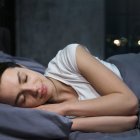 Want to Claim the Best Sleep Ever? Here Are 10 Tips on How to Sleep Well; It Will Help You to Ease Yourself into Dreamland (2020)
Want to Claim the Best Sleep Ever? Here Are 10 Tips on How to Sleep Well; It Will Help You to Ease Yourself into Dreamland (2020)
-
 Unable to Sleep Properly at Night? Discover the Benefits of White Noise and the Top White Noise Machines That Give You a Peaceful and Deep Sleep Every Night (2020)
Unable to Sleep Properly at Night? Discover the Benefits of White Noise and the Top White Noise Machines That Give You a Peaceful and Deep Sleep Every Night (2020)
-
 Not Able to Sleep Soundly at Night? Here Are Some Tips to Help You Get Good Sleep at Night Naturally (2020)
Not Able to Sleep Soundly at Night? Here Are Some Tips to Help You Get Good Sleep at Night Naturally (2020)
Explore Possible Causes of Snoring
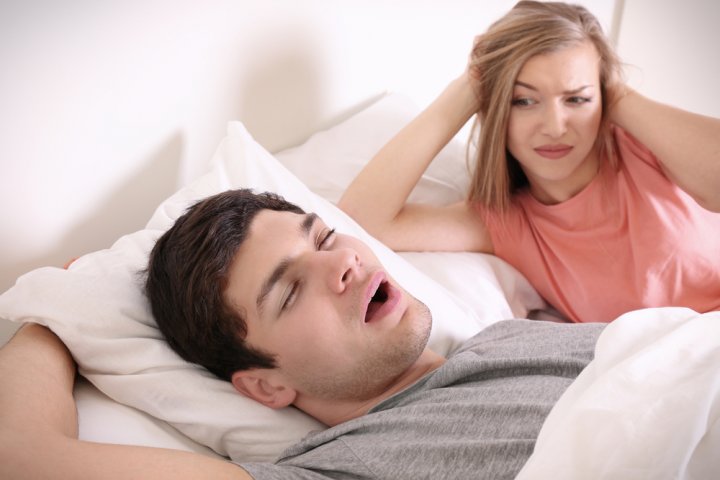
Sleep Apnoea
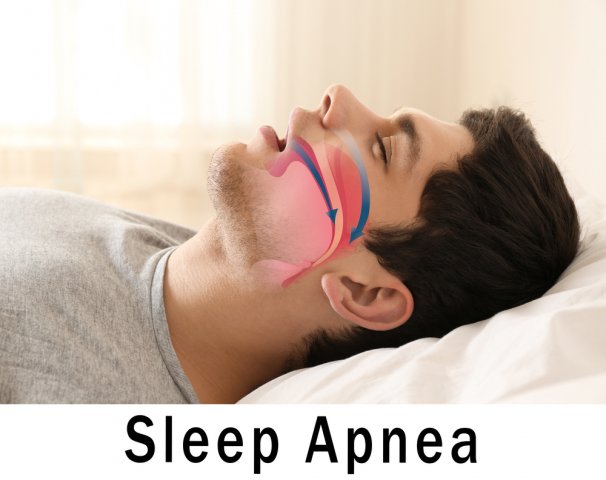
Sleep apnoea is a severe sleeping disease that causes frequent stops and starts in breathing. There are 3 common types of sleep apnoea including obstructive sleep apnoea, central sleep apnoea and complex sleep apnoea. The most typical reason for sleep apnoea is overweight and obesity.
Some consequences of sleep apnoea are daytime sleepiness, low libido, insomnia, morning headaches, remembering things, irritability, difficulty concentrating and sex drive. During this, the nasal airway usually become blocked, resulting in difficulty in breathing, and oftentimes snoring. Now, while there is not a proper solution to this problem as of yet, if you are suffering from this, you can try losing weight or using oral appliances.
Narrowed Airways and Alcohol Use
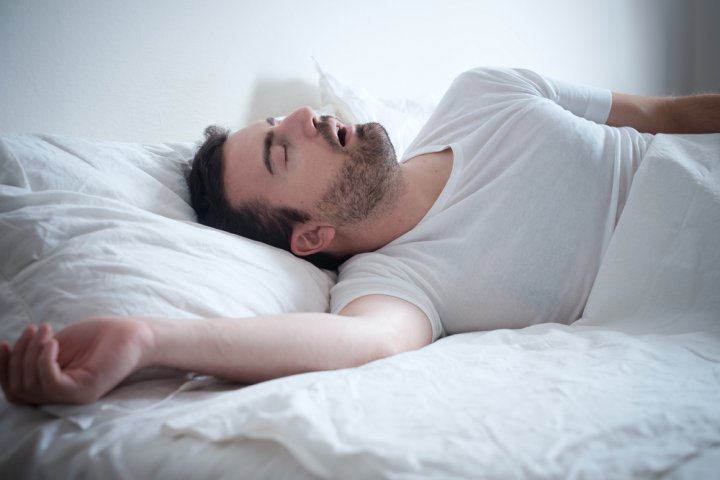
Your throat tissues may also become a reason for snoring. This is so, because, when they relax too much, they can partially block the airways and vibrate as well. The narrower that your airway becomes, the faster the tissues move, and the more force you have to apply while breathing, all resulting in loud snores.
Another cause of snoring is frequent alcohol consumption before bedtime. When you drink alcohol, both, your brain as well as some of the body muscles, including the throat muscles, relax. This results in the blocking of your nasal airway and makes it harder for you to breathe. You, then, have to force the air through it, causing vibrations and loud snores.
Age and Weight
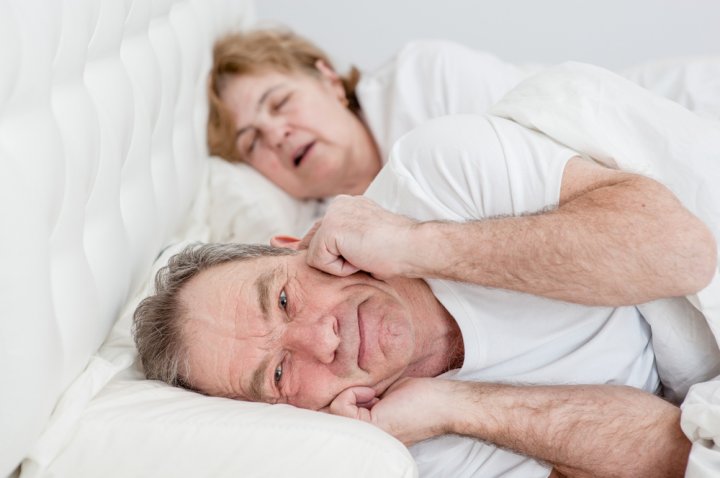
With age, your muscle tone, especially in the nasal airway, worsens. For instance, the top muscles of your mouth start to vibrate faster and this causes snores and other irritable sounds. At an older age, your airway may also narrow down and some of the methods that you can prevent this are by exercising, eating healthy, improving your bedtime schedule, etc.
Another major factor adding to snoring is your weight. In case you weigh too much or simply have too much fat around your neck or throat, you can be a bad snorer. This is so, because, the weight causes fatty tissue to form in your throat and worsen your muscle tone, both, adding to snoring.
Consider These Devices to Cure Snoring Issues
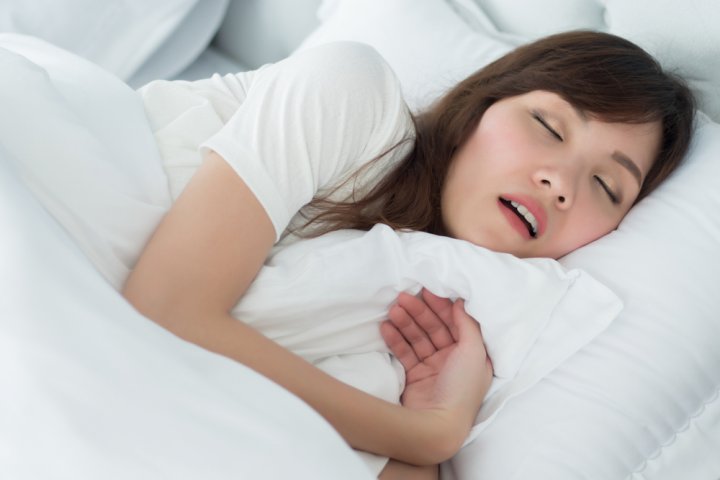
Anti-Snoring Mouthpieces
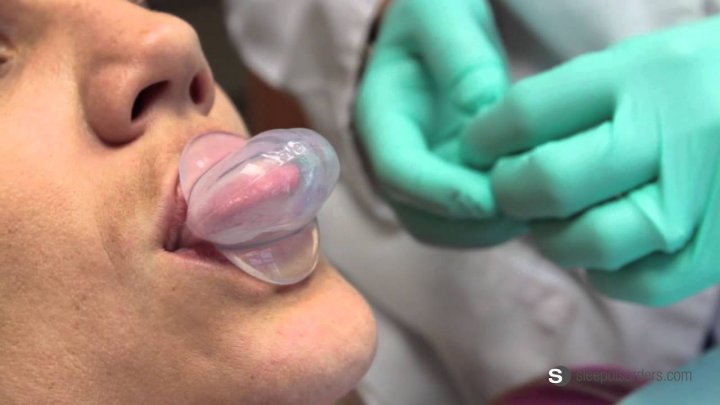
One of the things that can help you to stop snoring is an anti-snoring mouthpiece. These are known to be extremely efficient in reducing snoring. They do this by making sure that your throat tissues do not block your nasal passage, and, hence, prevent the irregular vibrations there which cause snoring.
In addition to this, the Tongue Retaining Devices (TRDs) help in preventing snoring. These devices hold the tongue and stabilize it to restrict movement. More particularly, TRDs prevent the tongue from falling to the back of the throat while sleeping. Moreover, the mandibular advancement device aids to decrease any constraint that happens in the back of the soft palate by moving the tongue and jaw forward, thus stopping the loud vibrations.
Use Nasal Strips
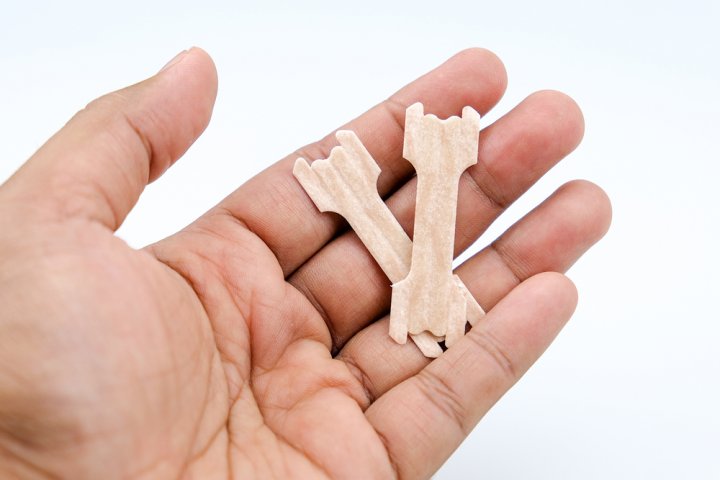
If you are facing the problem of loud snoring and want to get rid of it, then give nasal strips a try. This helps to open the infected sinus passages with the lifting action and makes it comfortable for you to breathe. The strips give immediate relief from blockage due to irritants, allergies, colds and a deviated septum and result in decreased snoring.
Various studies have shown that nasal strips are one of the most useful treatments for nasal congestion and snoring. Usually, you can use the nasal strips for about twelve hours at a time, either during the day or night, for instant long-lasting relief. The nasal strips do not have any side-effects as they are drug-free.
Use a Facial Steam Bowl

You may also give steam therapy, a try, to prevent snoring. Taking steam produces mucosal secretions and unblocks the nasal cavity and air passageways. When the inhalation resistance is decreased, it also diminishes the swelling and congestion. Steam therapy inhibits mucous membranes from drying, eases the feeling of irritation and inflamed blood vessels in the air passages, and initiates the release of mucous from the throat and lungs. The moisture helps to thin the secretions in the sinuses and enables them to discharge more easily.
You can take steam by boiling water in a large bowl and covering it with a lid. After that, cover your head and chest with a towel, put that bowl on a table, and drop your head over it. Try to go close to the bowl for locking in the moisture. Be careful while doing so, otherwise you may burn yourself. This is a great home remedy for snoring. You may also take a hot bath or shower for this purpose.
Lifestyle Changes to Reduce or Even Overcome Snoring
Change Your Sleeping Style
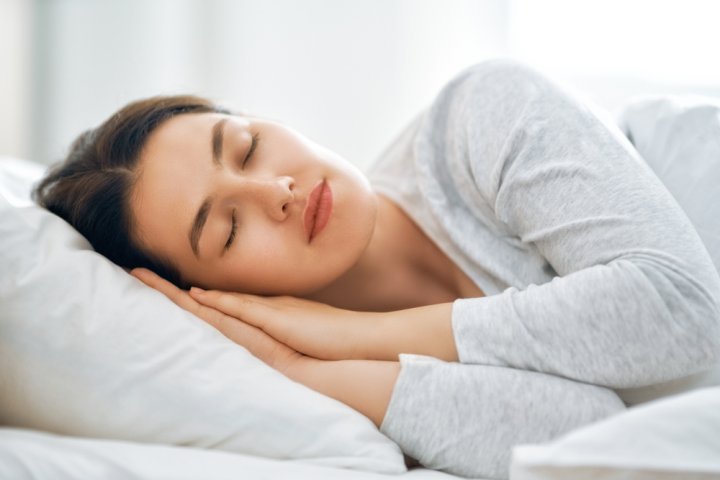
Sleeping on your back causes the bottom of the tongue and soft palate to fall to the end of the throat, producing a vibrating sound and irregular noises while sleeping. If you sleep on your back, you are more likely to snore. This happens because the nasal passage is more prone to collapse, both, from internal factors as well as external influence.
In addition to this, gravity can more efficiently slide these muscles into the air passageway, restricting excessive airflow. Side sleeping is the best sleeping position to prevent snoring. This is because side sleeping decreases the squeezing of your airways. Specifically, sleeping on the right side decreases snorting and promotes blood flow.
Lose Weight

Another major factor that induces snoring is obesity. Therefore, changes in your lifestyle and eating habits can significantly help you to reduce and even stop snoring. Losing weight can help you to get rid of excess fatty tissues accumulated at the back of your throat and reduce, or even stop, snoring.
When you gain weight around your neck, it narrows down the internal air passageway of the throat, causing it to collapse when asleep, hence triggering snoring. Various studies have shown that the tissues involved in breathing become bulky due to obesity, causing palpitations and loud breathing. Thus, eating healthy and nutritious food can have a positive effect on your overall health and wellness.
Change Your Pillows
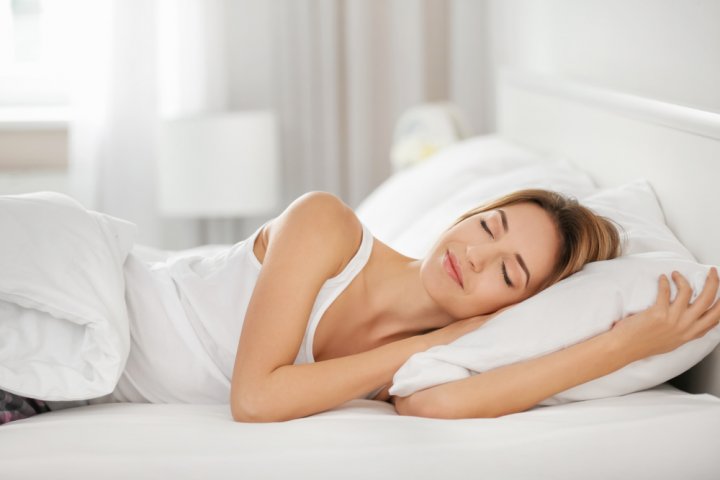
When you sleep on old or uncleaned pillows, your nose directly sucks in the allergens. These irritants can lead to inflammation in the throat and nose, resulting in the blockage of the nasal cavity and breathing passageways. For this reason, it becomes difficult to breathe, hence causing you to snore.
Furthermore, if you have pets, then letting your pets onto the pillows can cause difficulty in breathing, and, thus, snoring as the pets may leave behind animal dander, which is another natural irritant. To overcome these problems, you are advised to clean your pillows twice a week, keep your pets away from your sleeping place, and you can also give anti-snoring pillows a try.
Positive Airway Pressure Devices
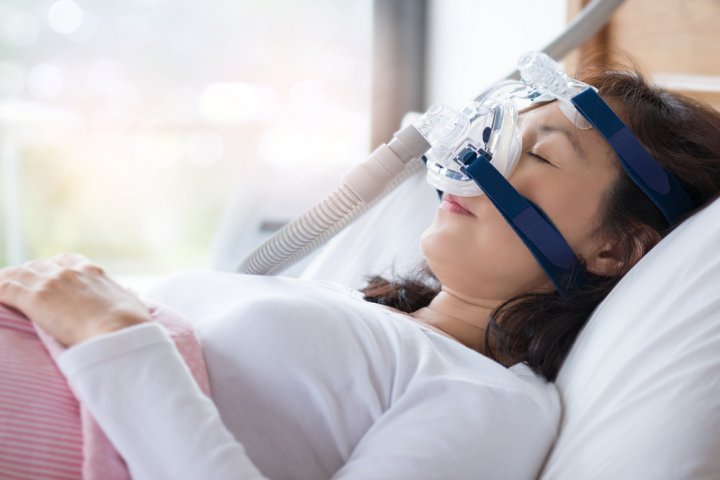
Positive Airway Pressure Devices provide adequate air pressure to a mask in order to keep your passages open, thus reducing snoring and sleep apnoea. These devices constantly provide air to keep the throat more fully open during the night. Various studies have shown that this machine supplies pressurized air to the mask that passes continuously into the sleeper's windpipe. The raised air pressure limits the sleeper's nasal passageway from collapsing.
This is one of the most effective ways to reduce snoring immediately. Aside from reducing snoring and irregular vibrations, this device has also been shown to improve your sleep quality. You can keep the air pressure machine on your nightstand or at the side of your bed for more convenience.
Drink More Water

Another very simple yet effective remedy is drinking lots of water. This is a quick and cost-effective method to tackle snoring. Drinking juices, carbonated drinks and other sweet fluids induces snoring. Drinking excessive water during the day can lessen snoring in dehydrated people. Therefore, stick to water when possible.
Drinking lukewarm water will help to keep you hydrated during the night and prevent snoring. Moreover, it can also help improve sleep quality and relieve cramps. Furthermore, mucus in the nose and soft palate becomes more viscous when you’re dehydrated, causing difficulty in breathing, hence resulting in snoring. Therefore, you are suggested to drink several glasses of water before you settle in for bed.
Medical Treatments for Snoring
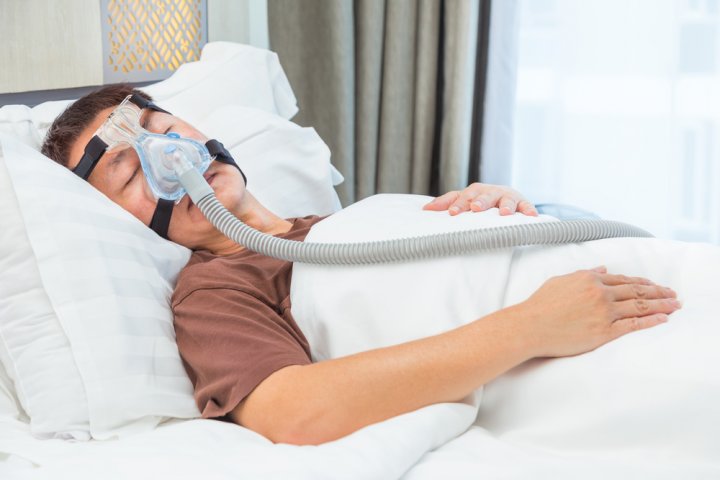
Somnoplasty
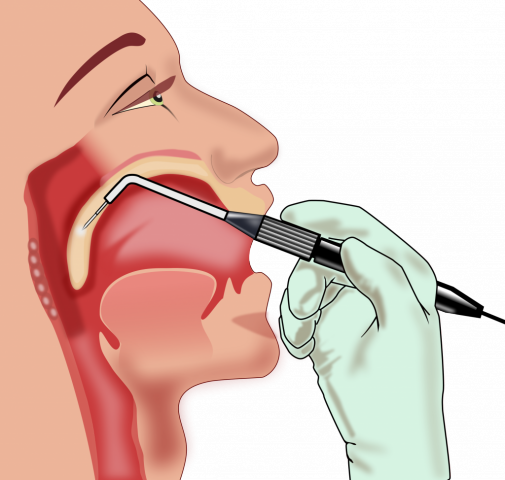
Somnoplasty is a surgical method for curing snoring and obstructive sleep apnoea. It works by contracting the tissue in the upper air passageway, including the soft palate, uvula, and the bottom of the tongue by utilising low-frequency radio waves. It is an in-office treatment that is done by using heat in order to modify the tissues involved in snoring.
A tiny prong is entered into the mouth near the back of the neck. Then radiofrequency energy is passed below the surface of the soft palate, called the mucosa. The person undergoing treatment is given local anaesthesia and doctors remove or strengthen the tissues so that they cannot vibrate.
Laser-Assisted Uvulopalatoplasty (LAUP)
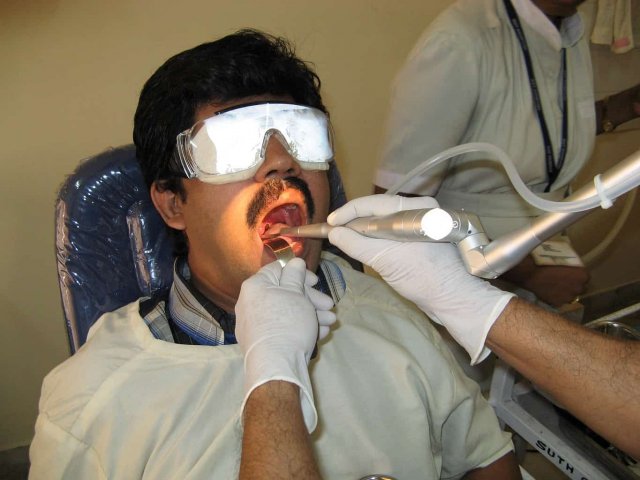
Laser-assisted uvulopalatoplasty (LAUP) is regarded as a successful and well-received medical treatment to reduce snoring and to treat obstructive sleep apnoea. This is an outpatient procedure that includes partial resection of the uvula and soft palate by using a laser. This treatment sequentially strengthens and reshapes the superficial palatal muscle utilising a carbon dioxide laser.
This is especially beneficial for people in their older age as their throat muscles tend to vibrate faster and soften up. Be that as it may, it has many side effects including pain, speech problems, infection, narrowing of the nasal passageway in the throat and windpipe, bleeding, dehiscence, candidiasis, dryness, dyssomnia, globus sensation, dysgeusia, and surgical site infection.
Palatal Implant
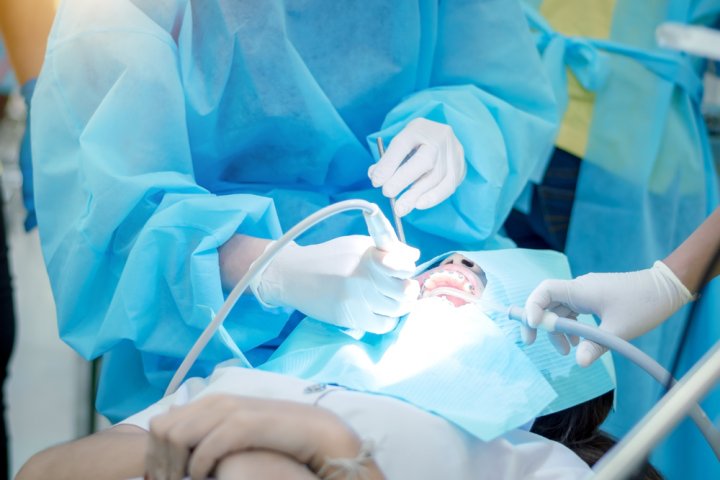
One of the most common types of snoring occurs in the palatal region. When the uvula and the soft palate vibrate against the airflow, it results in snoring and irregular vibrations. It is very rhythmic and can also be generated during daytime hours. Soft palate implants are a new office-based method for treating snores and sleep apnoea.
Three implants can be inserted in a single session by using only local anaesthesia. Various studies have shown that these implants are very useful against snoring and reduce it effectively. Be that as it may, this rare surgery can cause long-lasting side effects including problems like swallowing, speech changes, and the permanent sensation of something in your throat.
Try These Exercises for Snoring to Cure Naturally
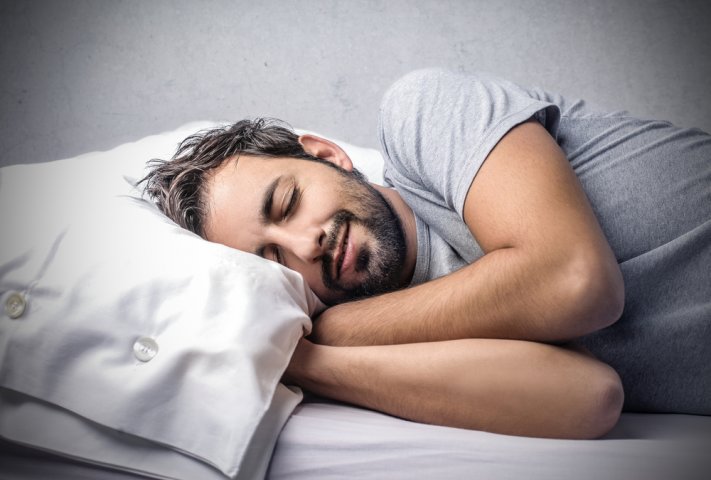
Tongue Exercises

Tongue exercises are very effective in decreasing the irregular vibrations and snoring by strengthening your muscles in the nasal airway, causing them to become less prone to collapsing. You can simply brush your tongue with a toothbrush every morning for this purpose. Also, pronouncing vowels in a faster manner helps against snoring.
Furthermore, holding the tongue in a particular position while eating, and keeping the tip of the tongue on the soft palate and pushing the tongue backward has been proven very effective in reducing snoring. These exercises tone the tongue and soft palate muscles and strengthen them. It may take several weeks before you start to notice the benefits.
Throat Exercises
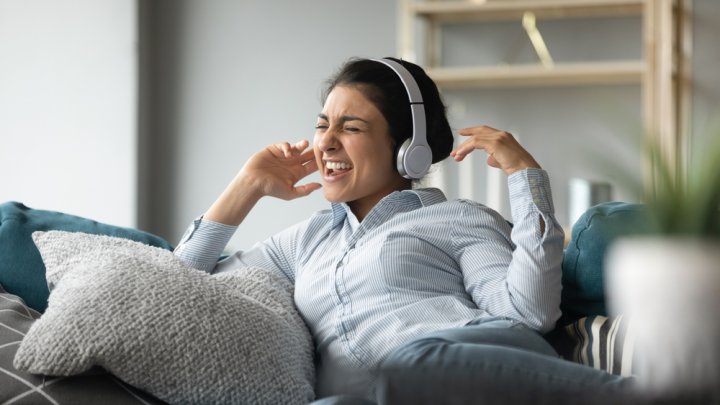
Various researches have shown that moderate snoring can be cured with throat exercises. These exercises help people to tone the muscles around the nasal airway so that snoring can be prevented. You can do these exercises like touching the roof of your mouth with the peak point of your tongue and then gliding it backward again, this can be done for twenty times regularly.
Moreover, you may also try closing your mouth for thirty seconds and pursing your lip lids. Additionally, a fun exercise like singing also helps you to stop snoring by increasing the muscle control in the nasal passage and the soft palate, diminishing snoring caused by lax muscles. Furthermore, the same mouth and throat exercises have been shown to improve mild to moderate obstructive sleep apnoea.
Face Exercises
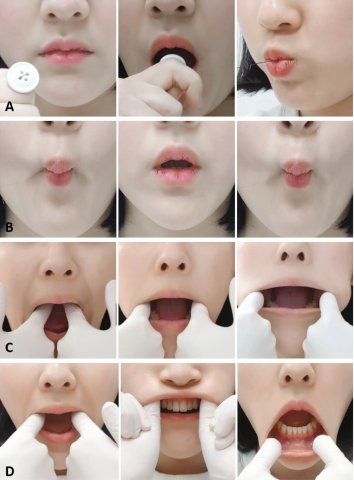
Facial exercises are very effective in reducing snoring as they help to strengthen the tissues in and around your throat. Oropharyngeal exercise helps to tone and strengthen the tissues whose purpose is to keep your nasal airway open.
You can try doing cheek hook exercise by holding your hooked finger to gently pull the right cheek towards the outer side and then by using the facial muscles to pull the cheek back inside again. This can be repeated ten times on both sides at any time of the day. This is really effective against snoring as it helps in keeping your mouth closed while breathing during sleep.
-
 Best 13 Gym Bags for Every Budget! Look Stylish As You Work on Your Gym Gains with All the Gadgets and Gear You’ll Need in 2022
Best 13 Gym Bags for Every Budget! Look Stylish As You Work on Your Gym Gains with All the Gadgets and Gear You’ll Need in 2022
-
 क्या आपने हाल ही में दर्पण में अपने चेहरे को सामान्य से थोड़ा भरी हुआ है? विभिन्न तरीके जो चेहरे की चर्बी को कम कर सकता है ।
क्या आपने हाल ही में दर्पण में अपने चेहरे को सामान्य से थोड़ा भरी हुआ है? विभिन्न तरीके जो चेहरे की चर्बी को कम कर सकता है ।
-
 Looking Online for the Best Gym Bags for Men and Women? Here are the 10 Best Gym Bags That Look Sophisticated and Easy to Carry Around in (2021)
Looking Online for the Best Gym Bags for Men and Women? Here are the 10 Best Gym Bags That Look Sophisticated and Easy to Carry Around in (2021)
-
 Fuller Face Can be Annoying- There’s No Shapewear for Chubby Cheeks(2020): A Guide on How to Prevent and Reduce Excess Facial Fat.
Fuller Face Can be Annoying- There’s No Shapewear for Chubby Cheeks(2020): A Guide on How to Prevent and Reduce Excess Facial Fat.
-
 जिम जाने के लिए चुने यह 10 2020 के सबसे बेस्ट जिम बैग्स जो है दिखने में बेहद शानदार और बेहतरीन। साथ में कुछ सुझाव और अन्य जानकारी ।(2020)
जिम जाने के लिए चुने यह 10 2020 के सबसे बेस्ट जिम बैग्स जो है दिखने में बेहद शानदार और बेहतरीन। साथ में कुछ सुझाव और अन्य जानकारी ।(2020)
Choose Medical Treatment as a Last Resort
If you are looking for a possible cure for snoring it is prudent to explore all the natural remedies including lifestyle and dietary changes, exercises, etc., as elaborated in this guide first, before you consider medical treatment. A surgical intervention can be traumatic for the patient and also have long term side effects. We hope this BP Guide would have helped you understand the possible causes and cures for snoring. Stay connected with us for more such engaging content.


 Highlight the Best Facets of Your Incomparable Beauty: Discover the Best Face Highlighter Currently Available in India and Everything You Need to Know About Using Face Highlighters for Maximum Effect (2023)
Highlight the Best Facets of Your Incomparable Beauty: Discover the Best Face Highlighter Currently Available in India and Everything You Need to Know About Using Face Highlighters for Maximum Effect (2023)
 Forget the Blemishes and Get that Picture Perfect Flawless Radiance on Your Face: Check out the Best Foundations for Oily Skin Currently Available in India and Everything You Need to Know About Makeup Foundations (2023)
Forget the Blemishes and Get that Picture Perfect Flawless Radiance on Your Face: Check out the Best Foundations for Oily Skin Currently Available in India and Everything You Need to Know About Makeup Foundations (2023)
 Make Your Presence Felt Wherever You Go: Discover the Best Perfumes Under 2000 for Both Men and Women to Announce Your Arrival and Make Any Occasion Memorable (2023)
Make Your Presence Felt Wherever You Go: Discover the Best Perfumes Under 2000 for Both Men and Women to Announce Your Arrival and Make Any Occasion Memorable (2023)
 Protect Your Oily Skin from the Harmful Rays of the Sun: Discover the Best Gel Based Sunscreens for Oily Skin and Everything You Need to Know Before Buying One (2023)
Protect Your Oily Skin from the Harmful Rays of the Sun: Discover the Best Gel Based Sunscreens for Oily Skin and Everything You Need to Know Before Buying One (2023)
 Minor Blemishes and Wrinkles Affecting Your Confidence? Check out the Best BB Creams to Conceal Your Worries and Nourish Your Skin to Restore the Healthy, Radiant and Glowing Complexion Back Again (2023)
Minor Blemishes and Wrinkles Affecting Your Confidence? Check out the Best BB Creams to Conceal Your Worries and Nourish Your Skin to Restore the Healthy, Radiant and Glowing Complexion Back Again (2023)
